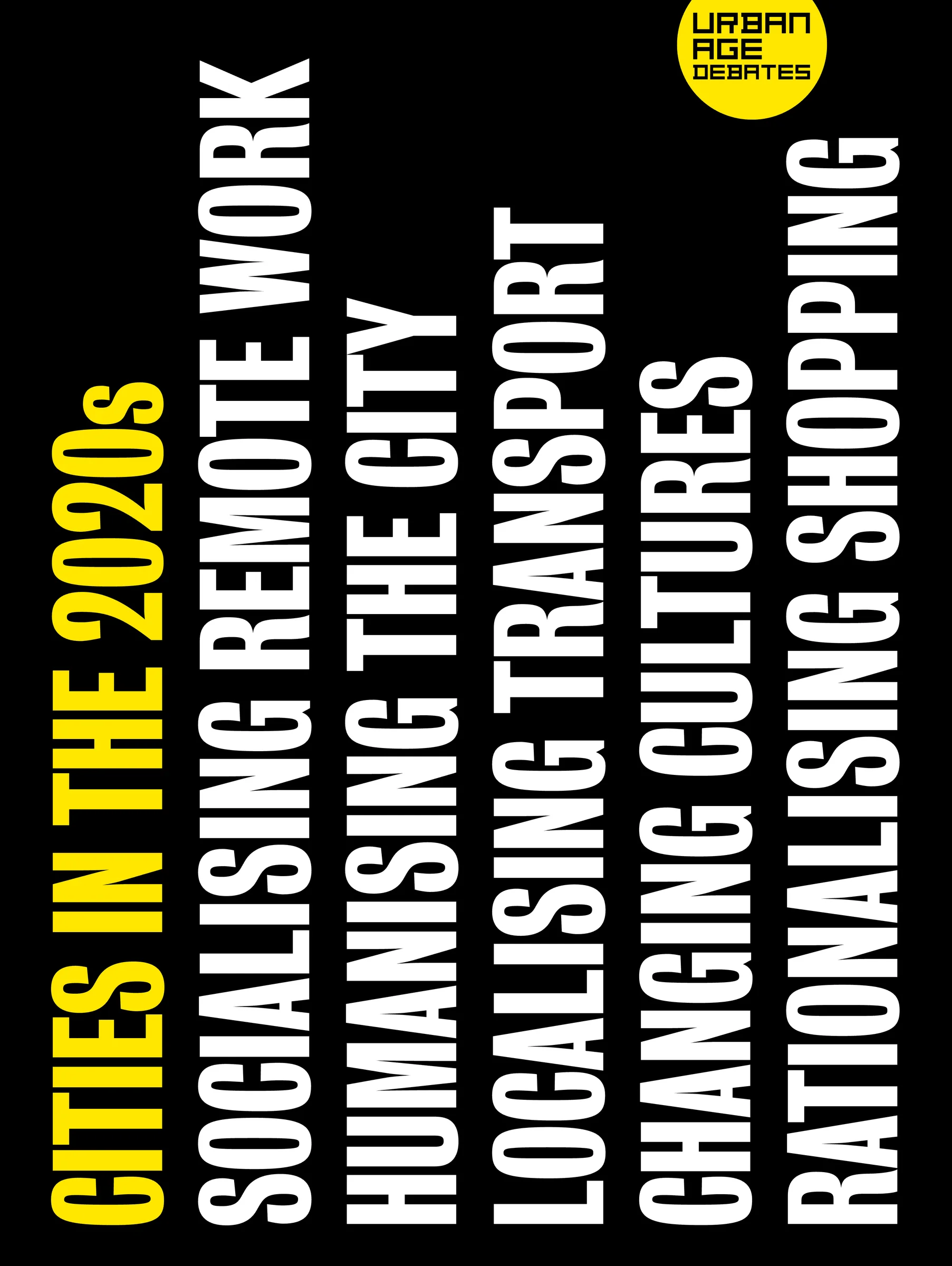AI-Generated Summary
Context and Purpose
The report "Cities in the 2020s - Urban Age Debates," published by LSE Cities at the London School of Economics and the Alfred Herrhausen Gesellschaft, addresses the profound changes urban environments are experiencing in the wake of multiple global crises, including the COVID-19 pandemic, climate change, and rising inequality. The document compiles insights from a series of virtual debates involving urban thinkers, practitioners, and leaders, aimed at fostering discussions around sustainable urban development.
Key Themes of the Debates
The debates cover five major themes: Socialising Remote Work, Humanising the City, Localising Transport, Changing Cultures, and Rationalising Shopping. Each theme examines how urban dynamics are shifting and what implications these changes hold for sustainable living in cities.
Socialising Remote Work
The shift to remote work has transformed traditional office environments, with many knowledge workers preferring to work from home or local offices. A survey revealed that 61% of respondents believe this transition will lead to a major restructuring of knowledge work locations. This change raises questions about urban vibrancy and the potential for increased inequalities among different demographic groups.
Humanising the City
The second debate focused on urban space design and its role in promoting social cohesion and healthier lifestyles. The COVID-19 pandemic has highlighted the importance of well-designed public spaces. The need to recalibrate urban centers for better living and working conditions is emphasized, suggesting that cities should be more inclusive and conducive to community interaction.
Localising Transport
Transport dynamics are also undergoing significant changes, with a growing emphasis on hyper-localization. The concept of the "15-minute city"—where all essential services are accessible within a 15-minute walk or bike ride—is discussed, although some experts argue that such models may not be applicable everywhere. There is a consensus that urban transport must adapt to new realities, including increased reliance on digital connectivity and sustainable transport options.
Changing Cultures
Cultural institutions are re-evaluating their roles within urban environments, particularly in light of the pandemic. There is a growing trend toward making cultural venues community-focused, facilitating social connections and inclusivity. The shift from traditional models to more adaptable cultural spaces is considered essential for the future of urban life.
Rationalising Shopping
The retail landscape is being reshaped by e-commerce and changing consumer habits. The report notes that many physical retail spaces may be repurposed for mixed-use developments. A significant percentage of respondents believe that shopping streets must embrace a blend of uses—retail, residential, and recreational—to remain viable. The pandemic has accelerated changes in consumer behavior, prompting retailers to rethink their strategies.
Conclusion
The Urban Age Debates provide valuable insights into the complex challenges cities face today. The report emphasizes the need for urban leaders to implement transformative changes aimed at making cities more sustainable, inclusive, and resilient. As urban populations continue to grow and evolve, the lessons learned from these discussions will be crucial in shaping the future of urban living across Europe.
